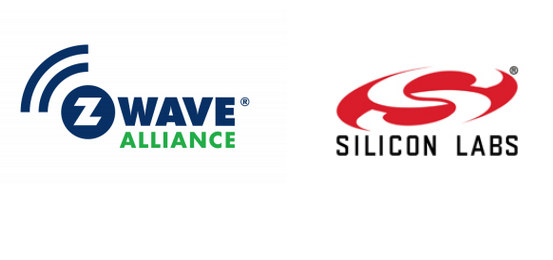Roughly one year ago, Silicon Labs released a publicly available Z-Wave SDK and a Raspberry Pi 3 Image to make it easier to work with the wireless protocol targetting home automation.
But Z-Wave specifications were still closed, which meant Z-Wave chips could only be purchased from Silicon Labs, a bit like LoRa chip can only be purchased from Semtech. The advantage of being closed is that you’re the only supplier, but this will limit market adoption, and customers may be wary of relying on a single partner for their long term plans.
 That must be why The Z-Wave Alliance and Silicon Labs have now decided to open Z-Wave specifications to Silicon and Stack suppliers. That paves the way to third-party software platforms and Z-Wave radios from some of the 700+ companies which are members of the Z-Wave Alliance.
That must be why The Z-Wave Alliance and Silicon Labs have now decided to open Z-Wave specifications to Silicon and Stack suppliers. That paves the way to third-party software platforms and Z-Wave radios from some of the 700+ companies which are members of the Z-Wave Alliance.
The Z-Wave specification release is scheduled for H2 2020, and will include the ITU.G9959 PHY/MAC radio specification, the application layer, the network layer, and the host-device communication protocol.
The Z-Wave Alliance will maintain its current certification program and expand certifications to both hardware and stack certification and product manufacturers with application layer certification.
Development on the opened Z-Wave specification will be handled by a new working group in Q3 2020, and details on the silicon and stack platform certification program also will be announced at the same time.
Thanks to Andreas for the tip.

Jean-Luc started CNX Software in 2010 as a part-time endeavor, before quitting his job as a software engineering manager, and starting to write daily news, and reviews full time later in 2011.
Support CNX Software! Donate via cryptocurrencies, become a Patron on Patreon, or purchase goods on Amazon or Aliexpress




